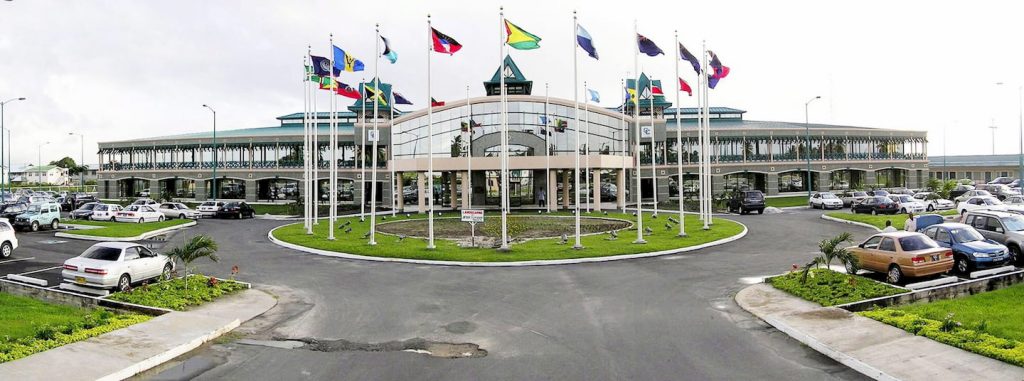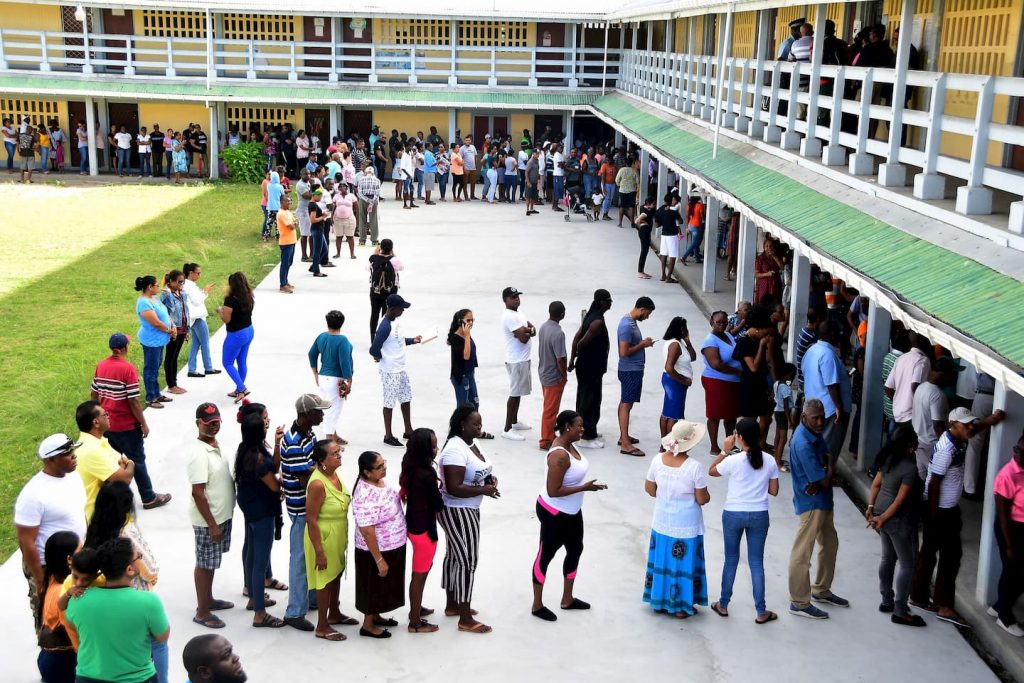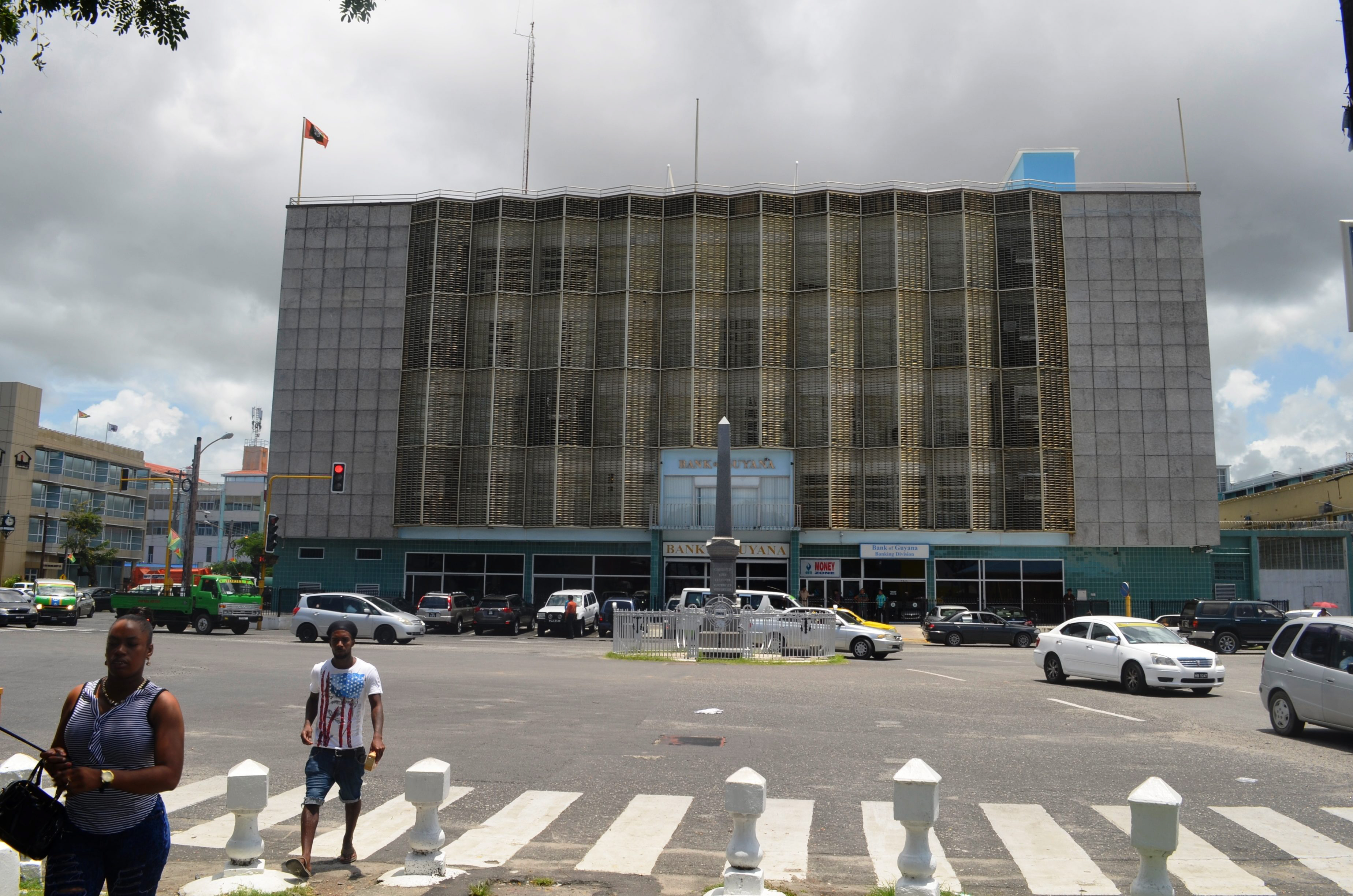“It matters nothing if one is born in a duck-yard if one has only lain in a swan’s egg.”
The Ugly Duckling by Hans Christian Andersen
With those few words taken from his fairy tale The Ugly Duckling, Danish fabulist Hans Christian Andersen captured the moment of enlightenment longed for in the human condition, when we realise that we were born so much more than those around us may say. This didactic applied to Andersen himself who, though born in 1805 to illiterate parents, rose to become one of the world’s most prolific and impactful writers. The didactic applies too to his native Denmark which in 19th century Europe was among the least regarded of nations and today is among the most admired. Guyana, officially the Co-operative Republic of Guyana, today is on that path.
CARIBBEAN CREDENTIALS
Guyana has always been one of those countries that require a footnote of explanation to identify its grouping, like Gibraltar being part of Britain, San Andrés y Providencia being part of Colombia or the enclaves of Ceuta and Melilla being part of Spain. One gets the sense that the country was somehow hitched onto the rest of the Caribbean for lack of a suitable alternative. To begin with, the country is not an island, being in fact part of South America, bordered by Venezuela to the west, Suriname to the east, and Brazil to the south. The Atlantic Ocean forms its northern border so it’s not even in the Caribbean. Its colonial pedigree, too, differentiates it. Jamaica for example first became an English colony in 1655 when it was captured by the English from Spain (the island was formally ceded to the English in 1670). Barbados was claimed by the English in 1625. When the islands of the West Indies made a brave effort to form the West Indian Federation, Guyana opted out, much to the chagrin of many including its famed calypsonian King Fighter who at once lamented Guyana’s condition and recogniSed its vast potential. He sang:
BG is a big wide area
The mainland of South America
And the thing that really worry me
It has about sixty people, you see
They must be keeping the colony
For a burial industry
Ah don’t know what to say
But they getting me fed up day after day
In 1976, Guyana was the only West Indian and Caribbean country to boycott the Olympic Games, denying its great sprinter James Gilkes his biggest stage at the height of his career and denying the world the opportunity to savour Gilkes, the reigning Pan American Games champion battle Donald Quarrie, the reigning Commonwealth Games champion, over 200m.
Despite this uniqueness and awkward fit, the West ‘Indianess’ of Guyana is clear, accepted and indeed valued. For this, I present no more as evidence than the following five revered Guyanese names: Lance Gibbs, Shivnarine Chanderpaul, Clive Lloyd, Rohan Kanhai, and Alvin Kallicharan.
THE WRETCHED OF THE CARIBBEAN

Among Caribbean Community (CARICOM) countries, Guyana’s Gross Domestic Product (GDP) per capita exceeds only that of Haiti, the poorest country in the Western Hemisphere. With a vast landmass of 214,969 square kilometres, Guyana is about 20 times the size of Jamaica, with a population of approximately 800,000 persons, a third of Jamaica’s. The economy, until now, has been driven by the mining of gold and bauxite and the cultivation of sugar and rice. Notwithstanding its large land resources and few residents, Guyana has struggled economically and like Jamaica, many of its citizens have had to migrate to other Caribbean islands in search of work, where, all too often they have been met with scorn. This has been particularly publicised in the case of Barbados. In 2009, under the so-called ‘Barbadian First’ amnesty law, Guyanese were subject to compulsory deportation, and were, among other things, blamed for rising crime rates and poverty on the island. For a decade before that, until now, the treatment of Guyanese across the region, highlighted perhaps by the case of Barbados, has been shameful. The time has come for all to beg forgiveness of the Guyanese and seek to enter into their good graces. Not because of a personal ‘road to Damascus’ revelation but because Guyana is set to become one of the wealthiest countries in the world and you may need their help in the not too distant future.
FAITHFUL IN LITTLE
A good way of knowing if someone or some entity will do well with much is to see how they did with little. Those who have been faithful in little are likely also to be faithful in much. The first book ever written on Guyana was by Sir Walter Raleigh who recorded, in the 16th century, his account of the greater Guyana region in his book entitled The Discoverie of the Large, Rich, and Beautiful Empyre of Guina. Guyana, since its beginning, has been filled with promise.
When CARICOM was formed in 1973, Guyana was viewed as the breadbasket of the region; the country from which, in a few short years, milk and honey would flow to its regional siblings. This, disastrously and perhaps predictably, did not happen. Corruption, poor economic management, and deep historic racial and political divisions have marked Guyana’s failure to deliver on its promise of prosperity and unity.

With the commencement of oil production from the Liza field, offshore Guyana in late December 2019, by Exxon Mobil, which less than five years earlier discovered the vast Stabroek block of which the Liza field is a part, Guyana is expected to be producing nearly 120,000 barrels of oil per day, to begin with. Based on the find and quick ramp-up of production, the International Monetary Fund (IMF) predicted that the country would have a world-leading GDP growth of 86% in 2020. The fact is that, with its confirmed reserves, Guyana now has the highest amount of oil per capita, i.e. 3,900 barrels per person, of any nation in the world. If things go reasonably well, Guyana could be the wealthiest country in the hemisphere in the coming generation. Every regional CEO I know, from banks to telecommunication companies, manpower management companies and hospitality companies all have a Guyana plan. Everyone wants in. Let us hope the Guyanese are not spiteful people.
Having oil though does not automatically bring prosperity. In fact, it is clear from Nigeria and Venezuela among a list of failed oil states surprisingly long, that you can have oil, and be corrupt and poor at the same time. Guyana now has an opportunity to be faithful in much even though it has not been faithful in little.

The country has not been off to an impressive start as the recent fumbled, and controversial elections highlight. Guyana has a history of political instability, but the stakes are higher now. The imperative now is to manage the country’s increasingly rich resources and develop the economy, while at the same time strengthening liberal democratic institutions. The singular difficulty of this undertaking was highlighted by Dr Nigel Clarke in his opening presentation for Jamaica’s 2020 budget debate. The erudite Dr Clarke points out:
“Mr Speaker the world knows of few examples, if any, of countries that have climbed the ladder of economic success, all the way from developing to developed, with a purely liberal democratic model. Virtually all developed and advanced countries today experienced institutional illiberality of one form or another on their path to economic success.”
With vast resources at their disposal, those in power have a chance to lead a historic turnaround to prosperity for the country or if they are so inclined, pad their personal offshore accounts. I hope for personal reasons and as an economist, that the incumbent coalition, A Partnership for National Unity/Alliance for Change (APNU/AFC), has the discipline, focus and integrity to be good stewards of that distinctively divergent country and its resources.
DUTCH DISEASE AND OTHER CURSES
The risk of Dutch disease, not the type that ravaged the indigenous Guyanese in the 17th century, but the current economic one which occurs when there is a dramatic increase in resource-based income, as in oil revenues, which then leads to a sharp appreciation in the nation’s currency which could then harm other sectors of what will remain an export-led economy. This is a present risk. The so-called ‘resource curse’ is real and the discovery of oil may bring with it many unwanted problems. Ask anyone who has ever won the lottery.
GUIDING PRIORITIES
Assuming that the revenues are as projected and that ‘leakage’ is minimal, the question arises as to the best use of that money. Several options have been posited to include investments in education, the establishment of a sovereign wealth fund and the provision of a universal basic income stipend of $5,000 for all Guyanese.
My recommendation is to separate and account for the oil revenues in an institution similar to the Norwegian Petroleum Directorate which was established in that country with the objective of “creating the greatest possible value for society from the oil and gas activities by means of prudent resource management”. Spending should focus on investing in education around a broad range of STEM and vocational skills and not exclude the arts and humanities. After all, this is the country that gifted the world E. R. Braithwaite, among other notable writers and artists. Healthcare infrastructure and systems should also be brought up to world-class functional standards. Notorious for its poor physical infrastructure to include spotty utility services, dilapidated buildings and craterlike roads, this too should be on the priority list for rehabilitation. A universal basic income should be avoided at all costs to avoid the development of an attitude of sloth, though social safety nets should be enhanced. At the same time, a sovereign wealth fund should definitely be promoted. Norway’s Pension Fund Global is worth studying and perhaps emulating because as the Norwegian government points out, “One day the oil will run out, but the return on the fund will continue to benefit the Norwegian population”.
BUMPS AND BRUISES
In the best of times, the road forward will be extremely difficult. The challenge of managing broad-based growth and development for the country will not be easy. The legislative and physical infrastructure of the country is woefully inadequate. Bringing those alone up to speed will certainly see delays and wasted resources but they must be tackled in a structured, diligent and purposeful way.
Then there is the occasional ‘bouncer’ that can throw you off-kilter like an oil price plunge because of a spat between Saudi Arabia and Russia, or the outbreak of a global pandemic, the novel coronavirus (COVID-19), but I leave that for another time.
Nelson ‘Chris’ Stokes is a development economist, entrepreneur, and transformational leadership speaker and coach.
Viewpoints is committed to expanding its range of opinions and commentary. Share your views about this or any of our articles. Email feedback to viewpoints@gleanerjm.com and chris@nchristianstokes.com.







